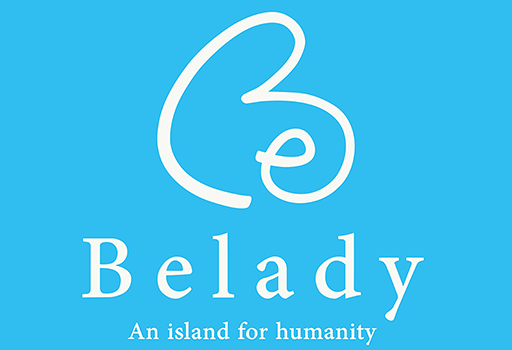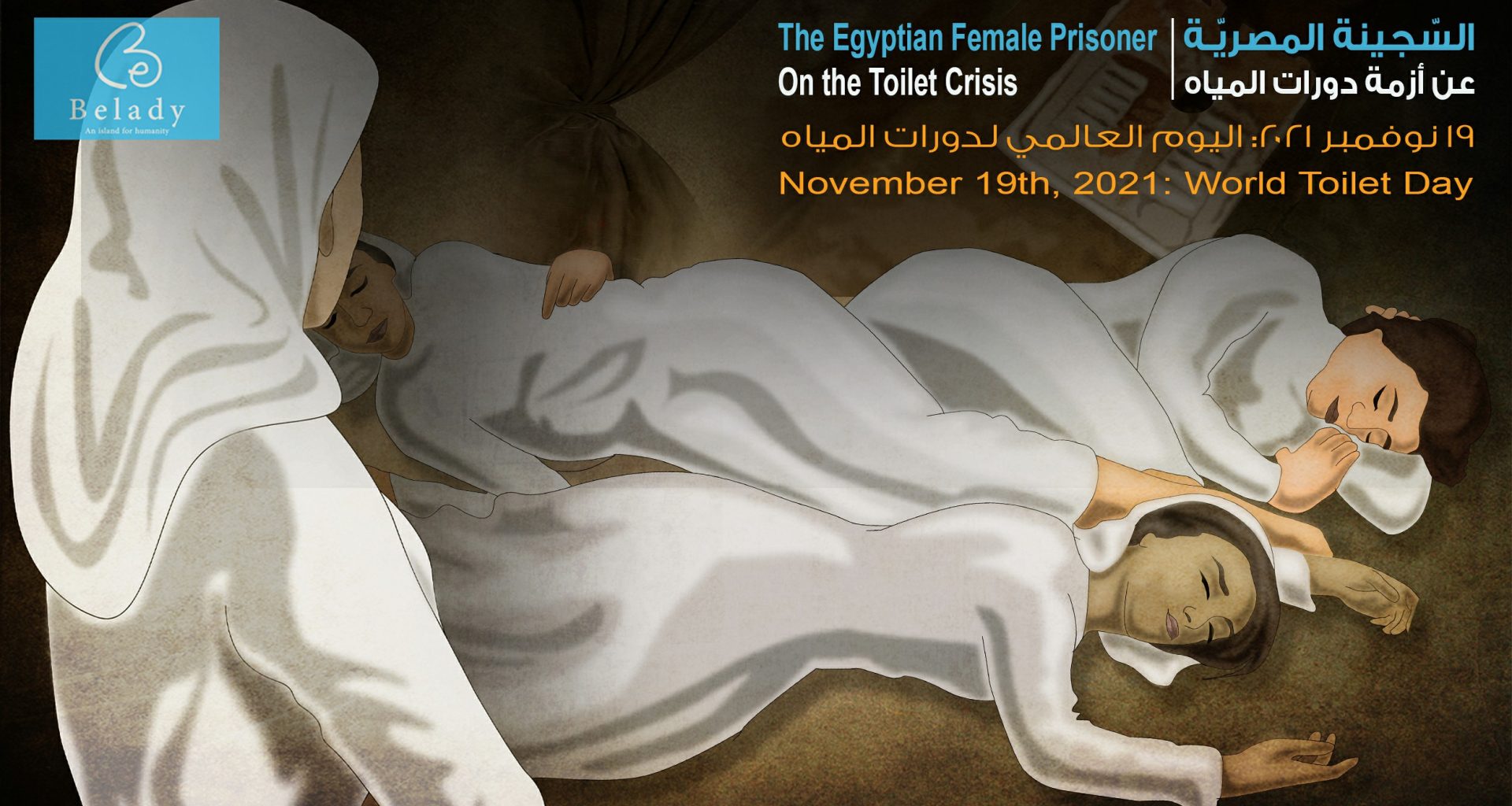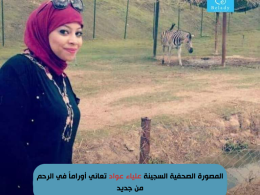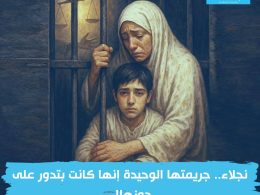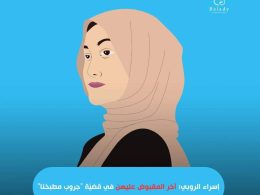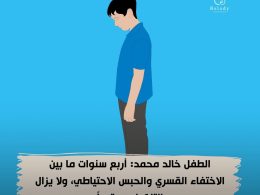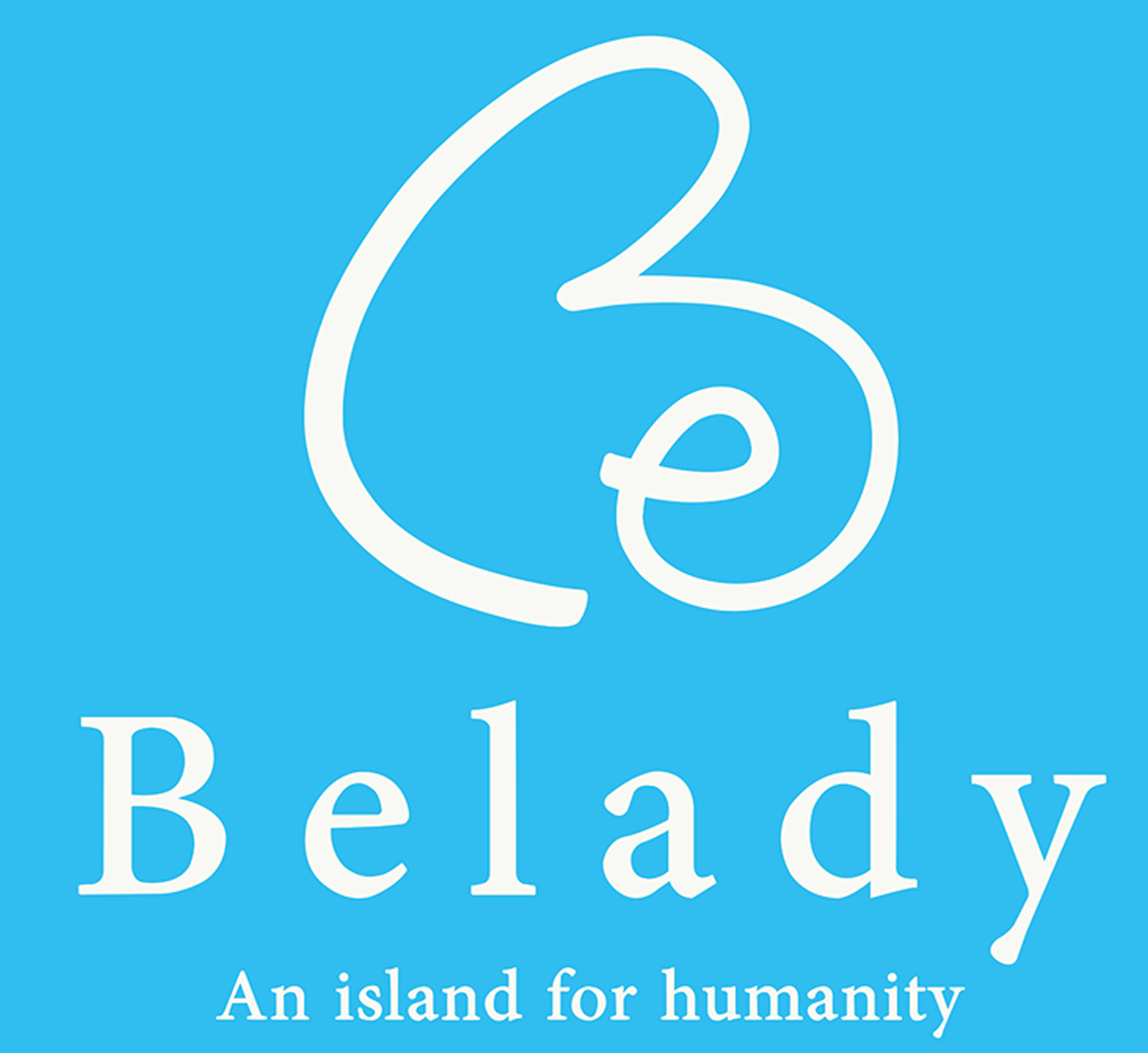
أعلنت الأمم المتّحدّة 19 نوفمبر اليوم العالمي لدورات المياه من أجل زيادة الوعي بأزمة الصّرف الصّحي العالميّة. ويحتفل العالم بهذا الإختراع العظيم لضمان المساواة في الوصول إلى الصّرف الصّحي والحّق في النّظافة.
ولأن حقوق الإنسان جزء لا يتجّزأ، لكل فرد الحّق في الكرامة. فيعتبر الحّق في الحصول على صرف صحّي نظيف من حقوق الإنسان الأساسيّة ويؤثر مباشرة في الحّق الأساسيّ في الصحّة وبالتّالي هو عامل من عوامل الحياة. فيجب أن يكون آمناً وسليماً وصحيّاً ويوفّر الخصوصيّة التي تضمن للفرد الحقّ في الكرامة.
لذلك تسلّط بلادي الضّوء على هذا الحّق بتوطيده مع حقّ السّجينات في النّظافة والولوج إلى المرحاض لاسيّما السّجينات اللاّتي يعانين من أمراض مزمنة. ونتاجا للبيئة المغلقة داخل السّجون المصريّة من المحتمل أن تصاب السّجينات بالأمراض والعدوى، لذلك يجب توفير المراحيض والصّرف الصّحي بإستمرار والمحافظة عليه.
وللأسف تفتقر معظم السّجون المصريّة إلى سياسة متماسكة لتوفير النّظافة للسّجينات. فقد رصدت بلادي جهدا ضئيلا أو منعدما لتوفير مرافق النّظافة من مرحاض وصرف صحّي وأدوات نظافة من قبل إدارات السّجون. وهذا ما عبّرت عنه سجينات سابقات.
لذلك تطلب بلادي تغييرًا جذريًّا في سياسة السّجون. فإدارة السّجن مسؤولة عن توفير مراحيض تعمل بشكل جيّد. أيضًا يجب عليهم تقديم مواد النّظافة مثل الصّابون، والمياه الصّالحة للإستعمال، وإحتياجات الدّورة الشّهريّة والعناصر الأساسيّة الأخرى دون أي تكلفة للسّجينات.
تنقل بلادي بعض شهادات حول الإنتهاكات المسّلطة على السّجينات السّياسيّات بخصوص حقّهن في المرحاض والصّرف الصّحي والنّظافة.
The United Nations declared November 19th as the World Toilet Day to raise awareness for the global sanitation crisis. The world celebrates this great invention in an attempt to ensure equal access to sanitation and the right to cleanliness.
Because human rights are indivisible, everyone has the right to dignity.
The right to sanitation is a fundamental human right and directly affects the right to health; as such, it is a life factor. Sanitation must be safe, sound, healthy and provide the privacy that guarantees the individuals right to dignity.
Therefore, Belady sheds light on this right through its consolidation with the female prisoners and their right to cleanliness and access to the toilet, especially those who suffer from chronic diseases. As a result of the closed environment inside Egyptian prisons, female prisoners are likely to catch diseases and infections. Thus, toilets and sanitation must be constantly provided and maintained.
Unfortunately, most Egyptian prisons lack a solid policy to provide female prisoners with hygienic conditions. Belady has observed, by means of interviews with former prisoners, little or no effort by the prison administrations to provide sanitary facilities such as toilets, sanitation, and hygienic tools.
For this reason, Belady demands a radical change in prison policy. The prison administration is responsible for providing well-functioning toilets. They must also provide hygienic tools such as soap, usable water, menstrual necessities, and other essential items at no cost to the prisoners.
Belady reports some testimonies about the violations against women political prisoners regarding their right to toilet, sanitation, and hygiene.
“كان صعب الوصول إلى دورة المياه لأنّ النّاس نايمة على الأرض في الطّريق وكمان 6 حمّامات بس. إحنا كان لينا حمّام واحد منهم بلدي ودوش. قبل ما تروح لازم تبلّغ الباقي والصّبح وبعد الأكل بيكون بالطّابور وكمان غسل المواعين كان في الحمّام”
سجينة سابقة في سجن القناطر نساء
“It was difficult to go to the toilet because people were sleeping on the floor on the way and there were only six toilets. We had one toilet: a traditional toilet and a shower. Before you go, you must inform the rest. In the morning and after eating, people would be in line to get in. Besides, washing the dishes was also in the toilet”
A former prisoner in Al-Qanater Womens Prison
كنت حائض وبنزف لمدّة 3 أيّام من غير أيّ فوط صحيّة ولا مياه ولا أيّ حاجة”
سجينة سابقة في سجن دمنهور نساء
“I was menstruating and bleeding for three days without any sanitary pads, water, or anything”
A former prisoner in Damanhour Womens Prison
“كانوا بيفتحولي الصّبح مرّة واحدة أدخل الحمّام لأن التّأديب مافيهوش حمام، هو جردل”
سجينة سابقة في سجن دمنهور نساء
“They used to open to me once in the morning to enter the toilet because the disciplinary [ward] doesn’t have a toilet, but a bucket”
A former prisoner in Damanhour Womens Prison
“في الانفرادي كنت بعمل حمّام في جردل”
سجينة سابقة في سجن القناطر نساء
“In solitary confinement, I used to relieve myself in a bucket”
A former prisoner in Al-Qanater Womens Prison
“مافيش دورات مياه بداخل الزنازين، كان عندنا في الزنزانة جردل واحد، بنستخدمه للوضوء وغسل اليدين وبنعمل فيه حمام، وكل بنت مسؤولة تغسله يوم”
سجينة سابقة في سجن بنها العمومي
“There are no toilets inside the cells, but one bucket, which we use for ablution and washing hands. We also relieve ourselves in it, and each day an assigned girl washes it”
A former prisoner in Banha Public Prison
” دمنهور ف اول ما اترحلنا مكانش معانا غير شول السجن بس، وانا وبنت تانية جتلنا البيريود. مكناش عارفين نتصرف، واحدة جنائية اشترت فوطة صحية وقسمناها سوا، كان جديد علينا الوضع كله واحنا مش عارفين حتى ندخل حمام”
سجينة سابقة في سجن دمنهور نساء
“[in] Damanhur, when we were first transferred, a girl and I had our periods and there was nothing with us other than the prison uniform. We didnt know what to do until a criminal prisoner bought a sanitary pad and we divided it together. The whole situation was new to us and we didnt even know how to go to the bathroom”
A former prisoner in Damanhur Womens Prison
“مجرد دخول الحمام كان مأساة، خاصةً لو تعبانة، لو الستارة تحركت العنبر كله شايفك، وطبعا المياه مش طول الوقت كانت موجودة فكان لازم يبقى معاكي جردل”
سجينة سابقة في سجن دمنهور نساء
“Just entering the toilet was a tragedy, especially if you are sick. If the curtain moves, the whole ward would see you, and of course, the water was not there all the time, so you have to keep a bucket with you”
A former prisoner in Damanhur Womens Prison
“اما حد كان بيتعب ولازم ضروري يدخل الحمام كان بيضطر يعمل حمام ف كيس ويربطه ويحطه على جنب لحد الصبح “
سجينة سابقة في سجن بنها العمومي
“For someone who got sick and had to use the toilet, [the prisoner] is obliged to relieve themselves in a bag and tie and put it aside until morning”
A former prisoner in Banha Public Prison
“في قسم ثانِ مدينة نصر كنت بتحايل عليهم ادخل الحمام لحد ما عملت في كيس لقيته على الأرض”
محتجزة سابقة في قسم شرطة ثانِ مدينة نصر
“In the second station of Nasr City Second, I was begging them to go to the bathroom until I relieved myself in a bag that I found on the floor”
A former detainee in Nasr City Second Police Station
“كنت محتجزة في معسكر السلام للأمن المركزي وكانت عندي البريود ومكنش حد من اهلي يعرف اني جوة – مختفية قسرياً- ومكنش في اي مجال لدخول فوط صحية من الأساس وعشت أسوأ يومين في عمري”
محتجزة سابقة في معسكر السلام للأمن المركزي
“I was detained in Al Salam Camp of the Central Security. I had my period and no one in my family knew that I was inside – forcibly disappeared -. There was no way to enter sanitary pads at all, and I lived the worst two days of my life”
A former detainee in Al Salam Camp of the Central Security
